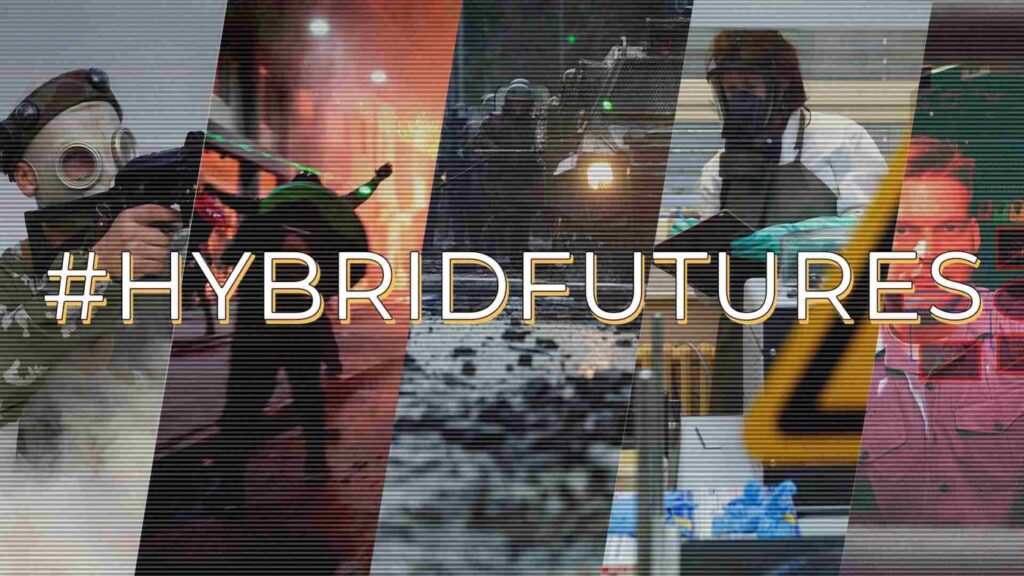In a world where trust is essential yet hard to come by, background checks have evolved dramatically over the centuries. Once conducted through gossip and community scrutiny in village squares, the process of verifying someone’s history and integrity has now transformed into a sophisticated digital endeavor. Let’s take a journey through time to explore how background checks have evolved from humble beginnings to the high-tech systems we rely on today.

The Village Square: Where It All Began
In ancient times, background checks were a communal affair. Villagers would gather in the square to exchange stories and information about each other. Reputation was built on word-of-mouth, and knowing someone’s family history was often enough to vouch for their character. While this method was deeply personal and rooted in human connection, it was also prone to inaccuracies and bias.
The Rise of Paper Trails
As societies grew larger and more complex, the need for formalized records emerged. Birth certificates, marriage licenses, and criminal records began to be documented and stored in government archives. This shift brought more reliability and consistency to background checks, but it also introduced new challenges, such as accessibility and the potential for forgery.

Digital Revolution: A New Era
The advent of computers and the internet revolutionized the way we store and access information. Background checks became faster, more accurate, and more comprehensive. Employers and institutions could now access a vast array of databases at the click of a button, ranging from criminal records to education history and employment verification.


The Power of Social Media
In the digital age, social media has added a new dimension to background checks. Platforms like Facebook, LinkedIn, and Twitter provide a window into a person’s life, beyond what traditional records can reveal. Employers and institutions often browse through candidates’ social media profiles to gauge their personality, interests, and behavior. While this can offer valuable insights, it also raises concerns about privacy and the potential for misuse.
Advanced Technologies: AI and Beyond
Today, cutting-edge technologies like Artificial Intelligence (AI) and blockchain are pushing the boundaries of what background checks can achieve. AI algorithms can analyze vast amounts of data with incredible speed and accuracy, identifying patterns and red flags that might be missed by human reviewers. Blockchain technology ensures the integrity and immutability of records, reducing the risk of tampering and fraud.


Balancing Act: Privacy vs. Security
As background checks become more advanced, the debate over privacy and security intensifies. While thorough background checks are crucial for safeguarding organizations and communities, they must be conducted ethically and with respect for individuals’ privacy rights. Legislation and industry standards are continually evolving to strike this delicate balance, ensuring that background checks serve their purpose without overstepping boundaries.
The Future: A Hybrid Approach
Looking ahead, the future of background checks will likely be a hybrid approach that combines traditional methods with advanced technologies. Human judgment and intuition will continue to play a vital role, complemented by the precision and efficiency of digital tools. This synergy will enable us to build trust in an increasingly complex and interconnected world.

In conclusion, background checks have come a long way from the village square to the digital space. As technology continues to evolve, so too will the ways we verify and build trust. By embracing both the old and the new, we can create a future where background checks are not only thorough and accurate but also fair and respectful of individual privacy.






